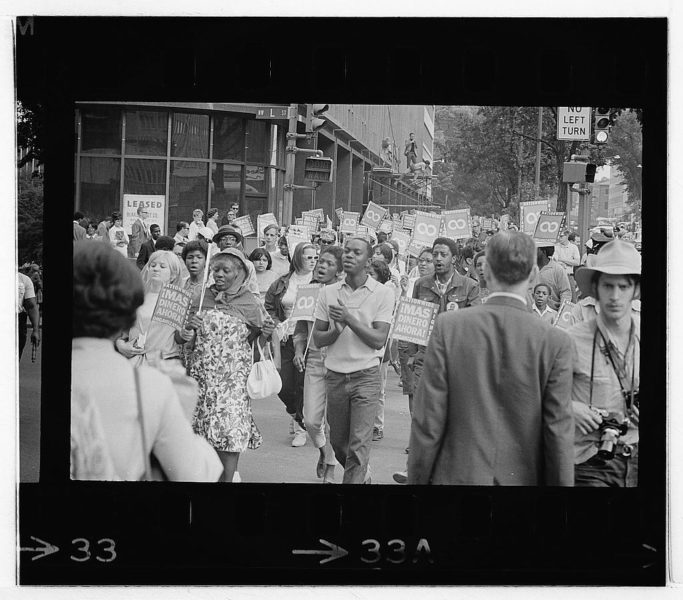About the collection
Popular notions of change in the United Statues (both with the civil rights movement and with welfare reform) have created settled or comfortable histories but that is very far from what research shows. These initiatives endeavor to return research to our public conversation both in terms of our history and public policy.
First Strand: Rosa Parks is one of the most well-known Americans of the 20th century and yet she is largely trapped on the bus, her larger political history both before and after the Montgomery bus boycott is much less familiar. We've engaged in two initiatives— a partnership with Sadie Nash Leadership Project and building a Rosa Parks website focusing on Rosa Parks' "life history of being rebellious", particularly around issues of criminal justice— as ways to make this history more accessible to the public and particularly to young people and young activists
Second Strand: 2016 marks the 20th anniversary of welfare reform. While political leaders and the mainstream media treat the Personal Responsibility Work Opportunity Reconciliation Act (PRWORA) as a success, the research decisively shows otherwise: that poverty, particularly child poverty and extreme poverty has grown decisively in the wake of welfare reform as the social safety net has shredded. We convened a public working group of poverty and welfare scholars to help try to put this research back into public conversation and are planning to create a website and crowd-sourced syllabus, write a series of op-eds, and hold a series of events in August to mark the week Bill Clinton actually signed the legislation.

